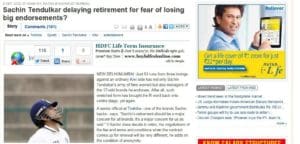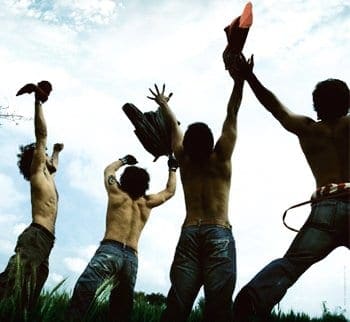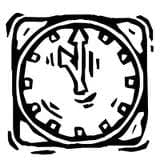The body of a young girl succumbed to brutal injuries
inflicted on her by men. The sexual assault cut short a life prematurely. She
would have had a job, looked after her parents, had a family of her own; but
now she will not. Her fault was her gender. While rapes and murders happen with
an increasing frequency, this nameless girl has stirred the conscience of many
like no other.
Mass protests, few of them turning violent, foot-in-mouth
comments from political class, opportunism, and media monitoring has brought a
gruesome incident to the living rooms of people. For a first time crowds in
thousands have gathered to protest without being offered free lunches. Few in
slumber have awakened. Suddenly ‘rape’ is discussed at average Indian
households. The movement, if it can be called so, has given newer and
since-long-muzzled voices to many women.
The stirred conscience of citizens, leading to protests, has
succeeded to some extent in applying pressure leading to creation of
commissions which will look into women safety measures. But will any commission
be able to change the mindset of those who view females as unequal; will any
inquiry report change the misogynist attitude, or will any protest change the
patriarchal high handedness practiced in most villages across the country?
The middle class has risen in protest. The thousands of
faces of students, working professionals, both young, middle aged and old;
visibly bearing no party affiliations are the bulk of middle class. But the
middle class has its own concerns. Their priority list contains managing budget
to buy that flat ten years from now, plan a holiday trip next summer, worry
about the education of children; all the while worrying about the safety of
women in the family. Hence the protesters are seen on the streets maximally in
the weekends.
The upper echelons of society also has risen, but they are
unaffected by the daily struggle a less opportune female faces beginning from
her home, on the streets, in her office and in the public transport.TV room
debates, twitter updates, lamenting on the systems, discussions of a
deteriorating India and thus the need to send their sons and daughters abroad
for education are features that describes the disconnected upper class Indians.
The poor of the country are too deep embroiled in their
daily war for mere survival. They might be genuinely concerned about the gender
crimes, of which they face a major brunt, but in their capacity to bring about
that ‘change’, their resources are limited. However therein lays the catch. The
upper class and vast swathes of middle class India do not vote. Apathetic
political leadership can at one point be blamed on those who chose them, which
are we the people. And what corrupt and inefficient polity can do to a society
is all out in the open for us.
The ‘change’ that is being sought after does not end at
death penalty for the perpetrators; that is a misconstrued demand. Violence
against women, of which rape is a severe example, can only reduce with change
in certain gargantuan systems in place. The systems being that of Policing,
which is crying for reforms; Criminal justice, which is overburdened; and above
all the system of Mentality. While choosing right representatives, applying
public pressure and reformists might change the Policing and Judiciary; the
third is the most daunting system to change.
Only a heady mix of deterrent (read police and judiciary)
and education (read mindset) can reduce crime against women. Patriarchy in its
medieval form, objectifying women in movies, gender divisiveness at home and
work, disappearance of moral science classes in schools, an overall rich poor
divide in society mixed with disregard for law are some of the areas that needs
to be addressed. The onus largely lies on men, to understand women or at least
not to commit such crimes; on parents, to teach their kids equality of gender
among other things; on government to bring about necessary reforms and laws.
Let the life of one nameless girl create some awareness, stir some bastions,
whip up some passions, and bring about some change that her ilk seeks for.


















